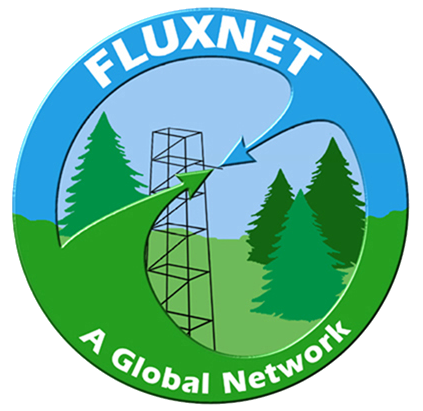Peatland rewetting aims at stopping the emissions of carbon dioxide (CO2) and establishing net carbon sinks. However, in times of global warming, restoration projects must increasingly deal with extreme events such as drought periods. Here, we evaluate the effect of the European summer drought 2018 on vegetation development and the exchange of methane (CH4) and CO2 in two rewetted minerotrophic fens (Hütelmoor—Hte and Zarnekow—Zrk) including potential carry-over effects in the post-drought year. Drought was a major stress factor for the established vegetation but also promoted the rapid spread of new vegetation, which will likely gain a lasting foothold in Zrk. Accordingly, drought increased not only respiratory CO2 losses but also photosynthetic CO2 uptake. Altogether, the drought reduced the net CO2 sink in Hte, while it stopped the persistent net CO2 emissions of Zrk. In addition, the drought reduced CH4 emissions in both fens, though this became most apparent in the post-drought year and suggests a lasting shift towards non-methanogenic organic matter decomposition. Occasional droughts can be beneficial for the restoration of the peatland carbon sink function if the newly grown vegetation increases CO2 sequestration in the long term. Nonetheless, care must be taken to prevent extensive peat decay.
